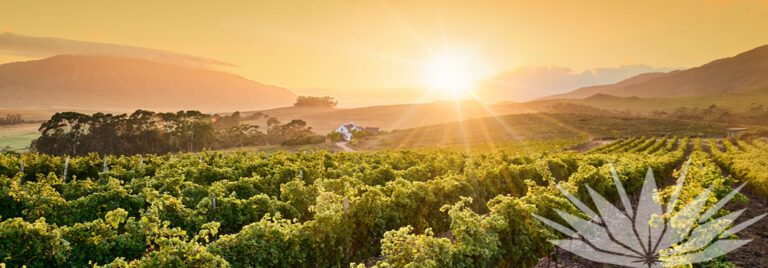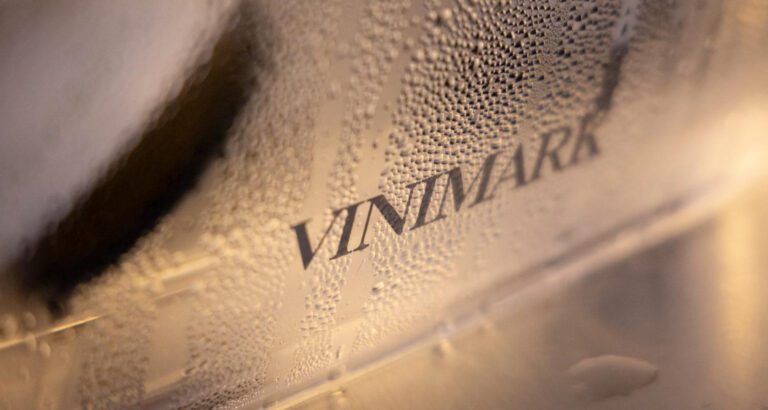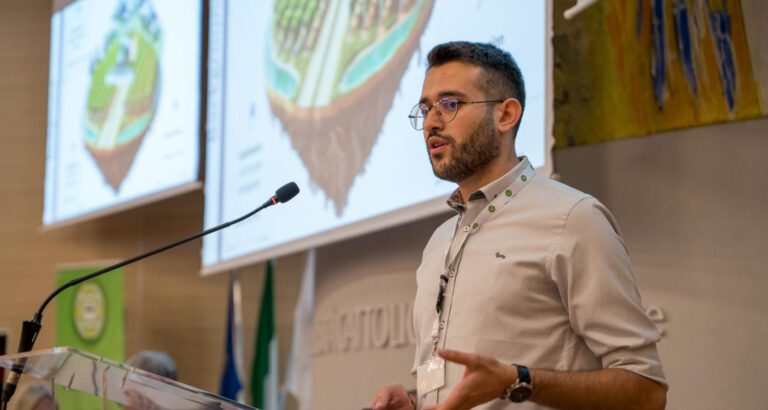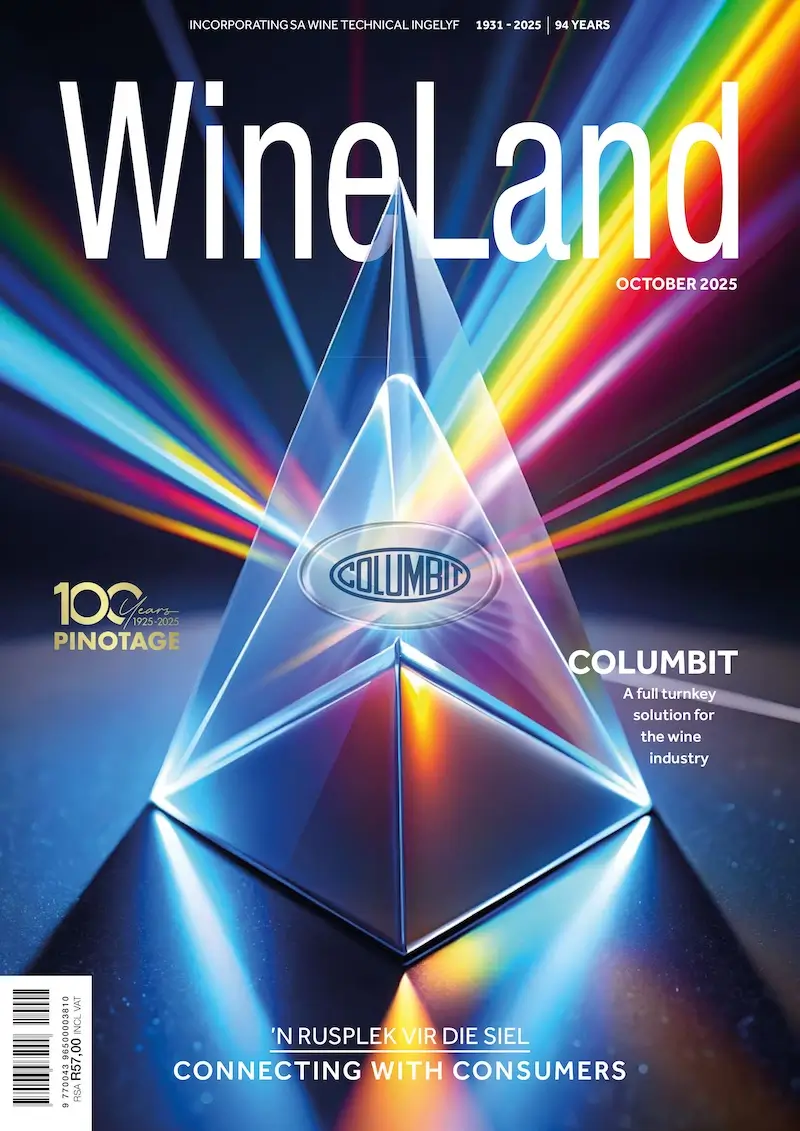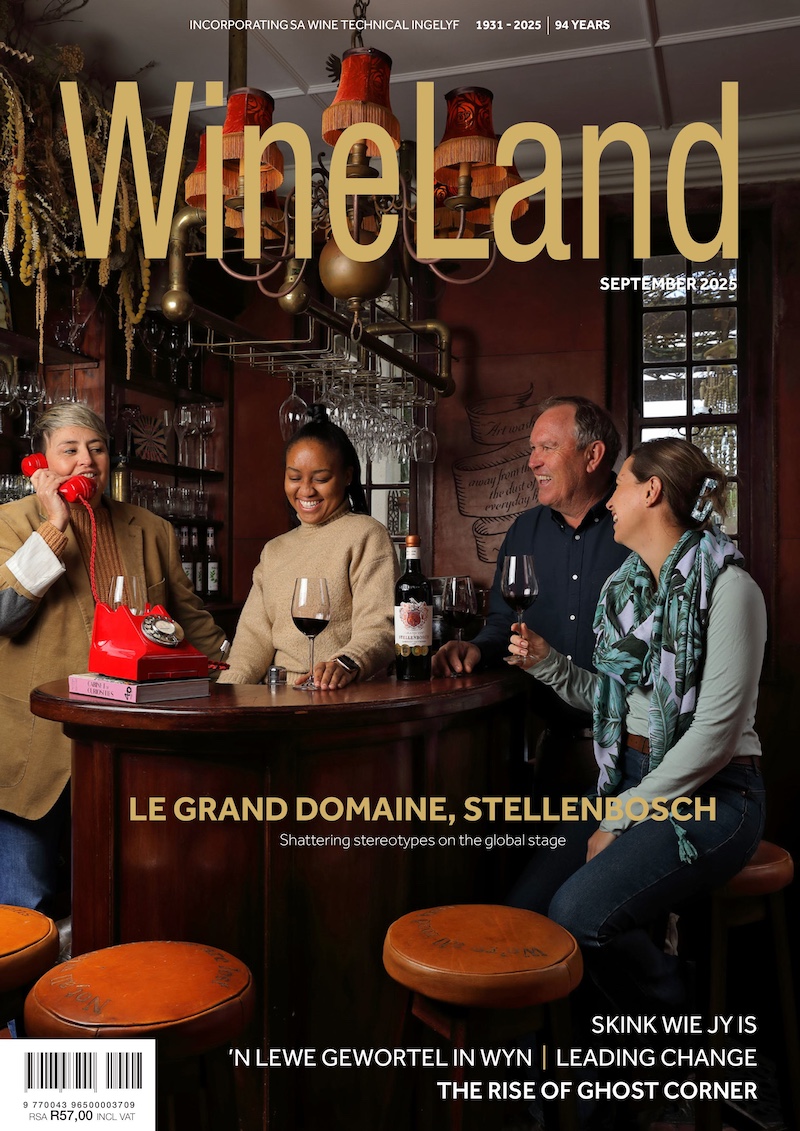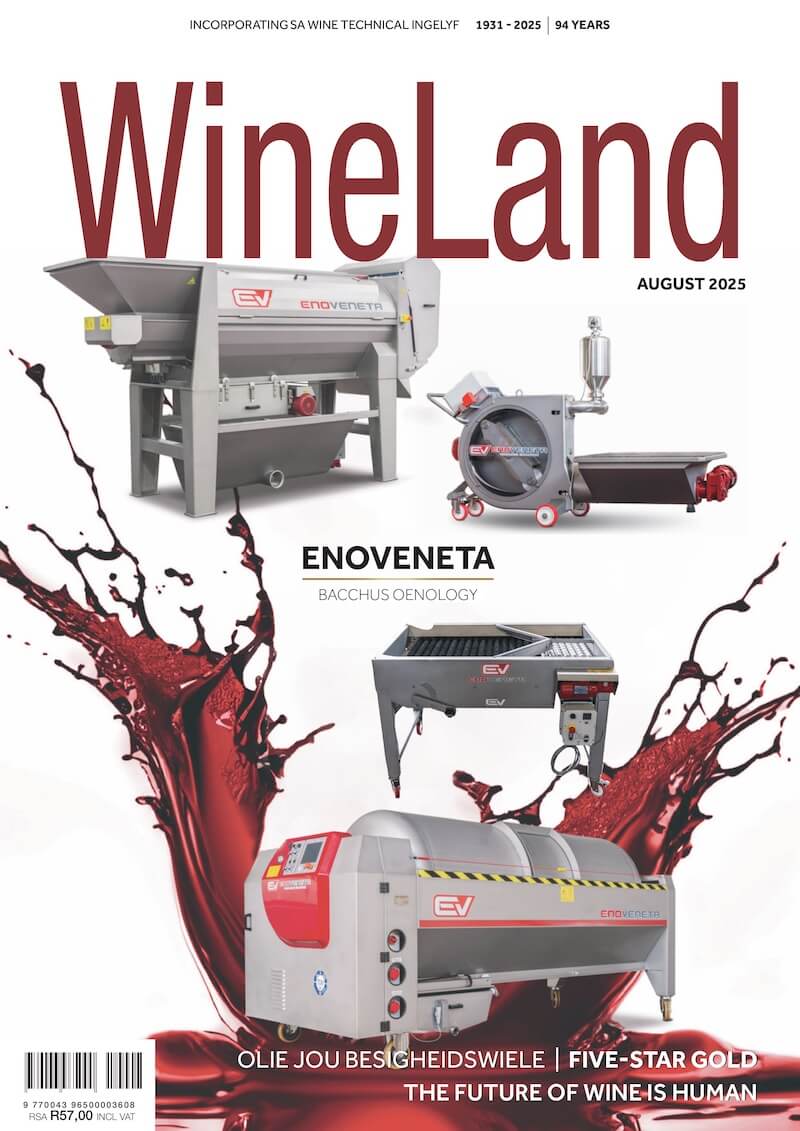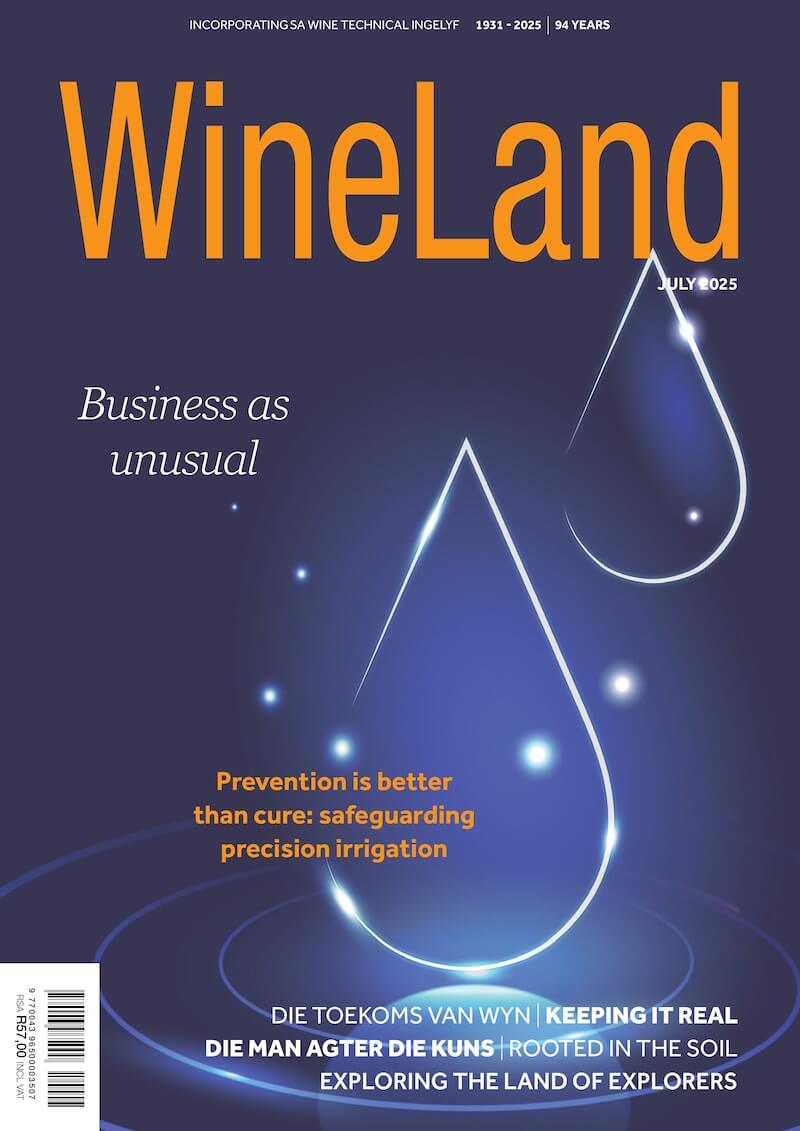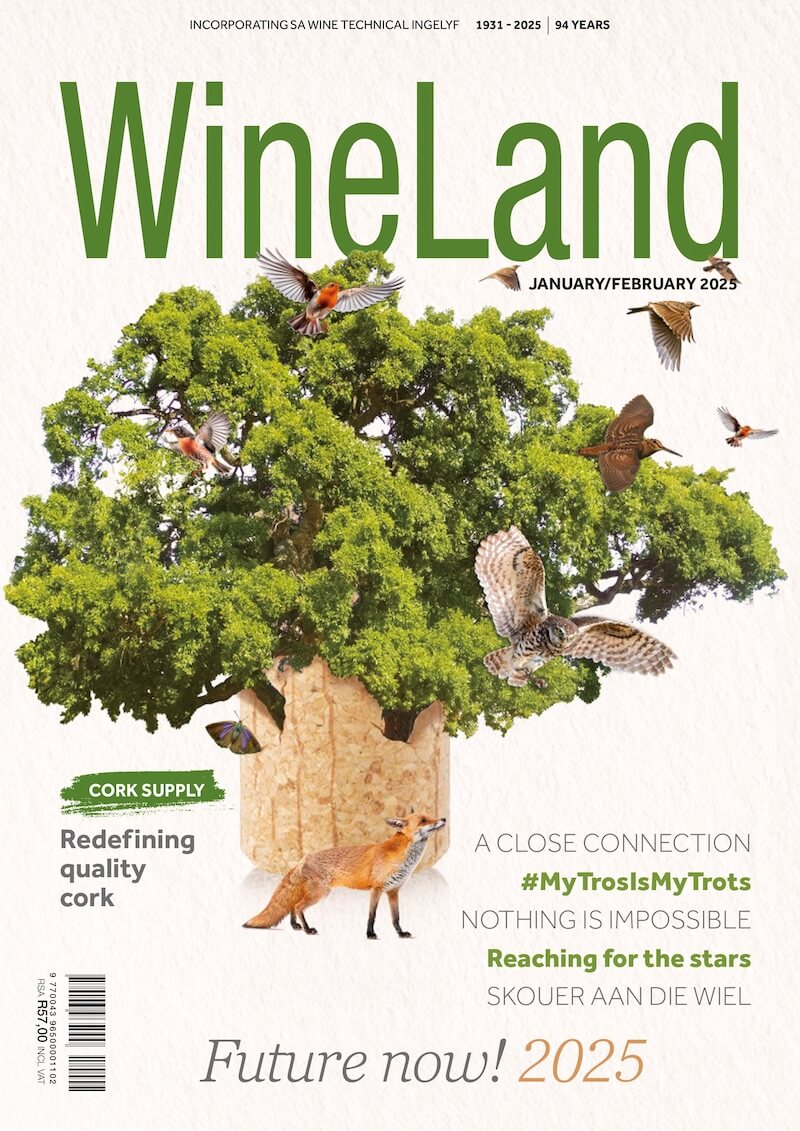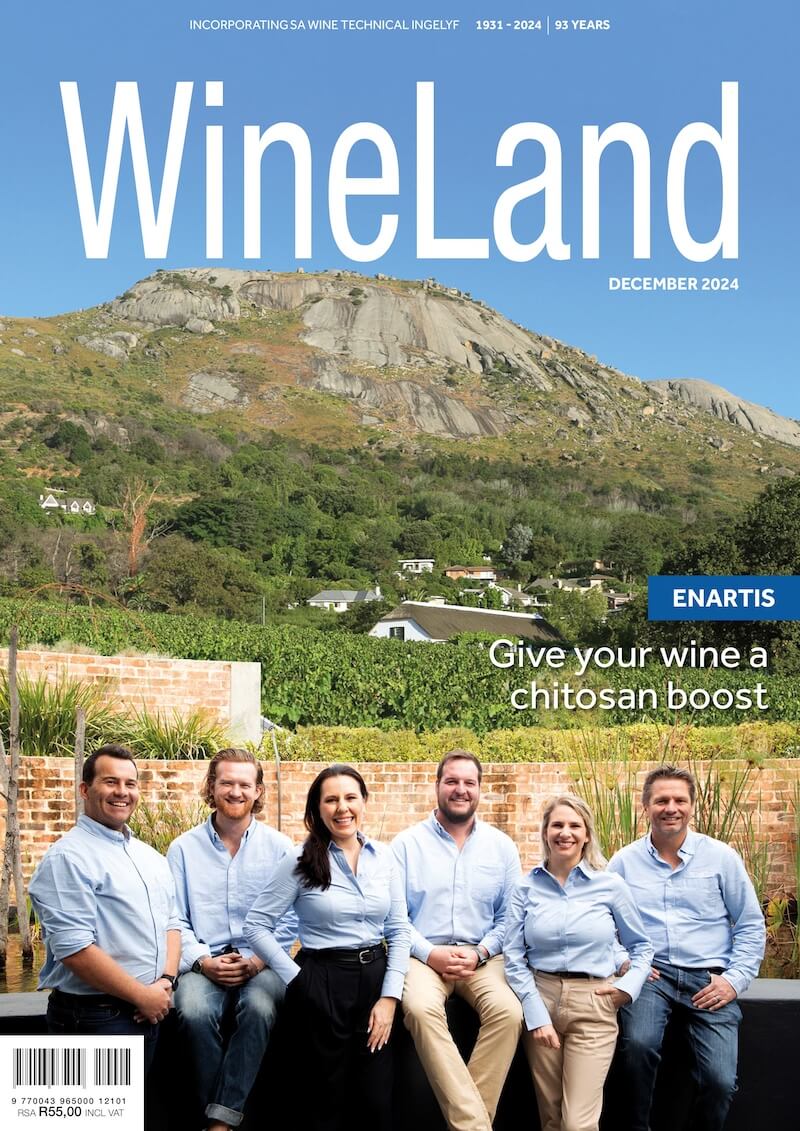Ross Sleet is a well-known figure in the South African wine industry who has been involved in both large corporates and family-owned cellars, not to mention a successful négociant business, Rascallion Wines. Now Ross has embarked on another adventure as a PhD candidate of the Department of Agricultural Economics at Stellenbosch.
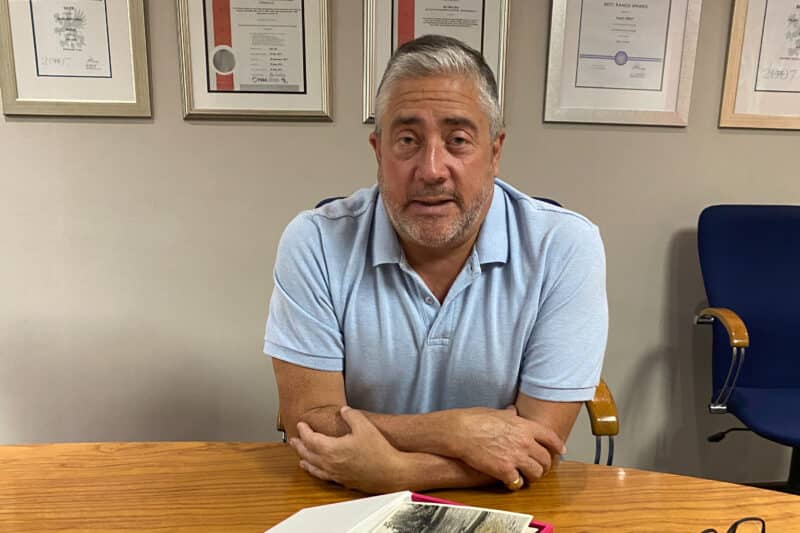
Ross Sleet, CEO of DeMorgenzon Wine Estate in Stellenbosch.
How did you get started in the wine industry?
The short version is that I did a MBA in Wine Business Management at the Royal Agricultural University in 2002/03, after a number of years in travel and the Internet industry. I joined the UK liquor wholesaler Matthew Clark in late 2003 as a sales rep. My “patch” was the Windsor, Ascot, Egham area, west of London. This was a baptism of fire, as I knew nothing at all about what I needed to do, and selling wine, beer, spirits, and soft drinks to UK publicans is not the easiest job in the world!
Matthew Clark was then part of Constellation Europe and after 15 months of repping, a role came up at their head office as an On Trade Trade Marketing Manager. I worked with all the large pub groups in the UK, executing all manner of sales and brand strategies. This catapulted my career as it gave me exposure to big businesses where pulling big levers brought big results. It also taught me the value of brand building and the effective deployment of marketing budgets. And 21 years later I’m still here. The long version involves Albariño, octopus, and sailing around Spain!
What are the biggest challenges you foresee for wine cellars in the current climate?
Every South African wine brand currently faces the perils of the local and global economy as consumers remain under severe economic pressure. Infrastructural issues in South Africa and elsewhere remain a big challenge, and there is an oversupply of inventory in key markets such as the USA and Canada that has slowed sales cycles. The industry will have to navigate these obstacles carefully, providing support to agents and customers alike. Commercial strategy will have to focus on converting sustainable business, while treading carefully not to lose sight of its objectives. We need to hold our nerve and do the simple things well.
How can wine cellars improve upon their brand and wine offering?
A brand’s messaging and market placement will remain central. It is important to engage with commercial partners with a more nuanced eye due to the issues mentioned above. Brands can solidify their strengths, for instance by appointing people to improve their focus on Direct-to-Consumer and tasting room experiences. This can drive the brand’s core values in its interactions with consumers and customers on their evolving wine journey.
Where do you see potential for innovation and new growth in the South African wine industry?
Effective, sustainable wine tourism is vital to the success of the South African wine industry for a number of obvious reasons. However the biggest potential we have is to engage with gate keepers on a quality:price platform. South African wines consistently overdeliver on this metric as we know, but we need to talk to buyers who can make a significant difference to the South African wine category. PR for PR sake is meaningless, but effective commercial engagement is extremely meaningful. Agents and importers who can help land this message are the sort of partners that we need in trade. We are lucky to have such partners and they understand our objectives.
What other exciting projects are you also involved in, privately or professionally?
I guess the most exciting but also the most daunting project I am involved in is the PhD that I have started at the University of Stellenbosch. Technically I am a PhD candidate, under the auspices of the Department of Agricultural Economics and Dr Melissa van der Merwe, who is my supervisor. I am looking at retail/supermarket sales strategies for wines brands focussed on the emerging middle class in South Africa, so many an evening is spent ploughing through academic papers in the hunt for pearls of wisdom.
*UPDATE ON 2 APRIL 2024*
This interview was conducted in March 2024 and has been published in an adapted form.

